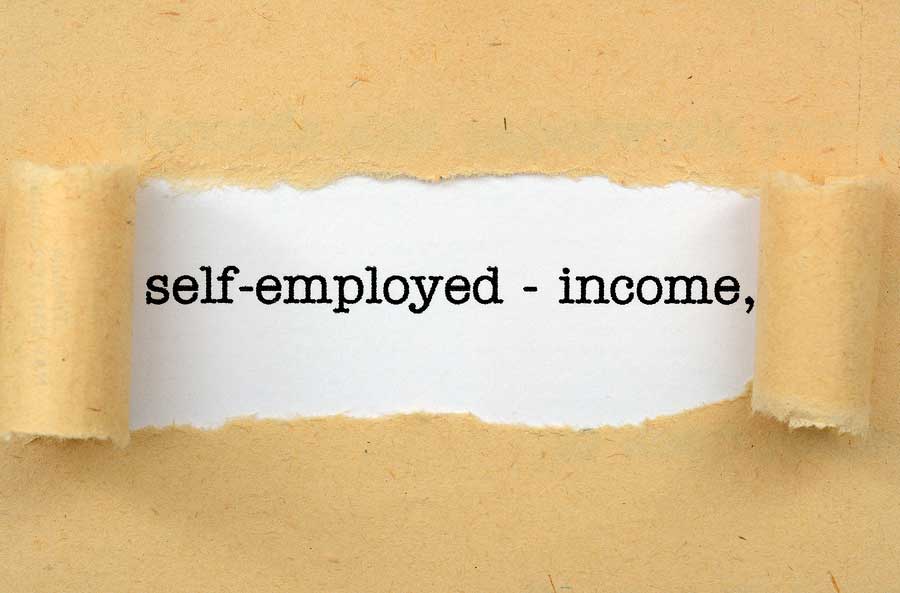Child Support Expiration and Its Effect on Spousal Support
I’m currently receiving both spousal and child support from my ex husband. Our daughter will be turning 18 in a few months, and my child support payments will cease at that point. Will this have any effect on my spousal support?
First, we have to preface this answer with the idea that spousal and child support fall under an area of law which may encounter future change or modifications, so do not rely solely on this information as being 100% accurate. As always, it’s best to consult with an experienced attorney so you can obtain a clear picture based on your specific situation.
In California, child support typically terminates once a child has turned 18 (or graduates if they are already 18 and still in high school). In our experience, it’s not uncommon for the parent who receives child support and spousal support to be concerned because without the child support, they won’t be able to support themselves. The recurring question in these cases: Does the end of child support entitle me to increased spousal support? At the same time, we receive questions from spouses paying support on the likelihood of having to increase the amount of money they’re paying in spousal support once their commitment of child support ends.
First, understand that child support and spousal support are intended to serve different functions, and they’re typically awarded separately to the recipient spouse in a divorce.
It’s important to know that in cases where both spousal and child support are awarded, the spousal support amount that is ordered is likely to be lower than it would have been if there were no minor children involved in the case (and no child support order). The reason behind this is due to the fact that child support is calculated and awarded before spousal support. With children being the priority, this is performed as part of their their best interest to ensure they’re receiving an adequate amount of support. Afterward, any spousal support is calculated and awarded based on what is left in the pool of support funds the paying spouse has remaining.
So, can the supported spouse request a modification to increase their spousal support once the child support runs out? Yes. California Family Law allows a modification of spousal support to be requested unless any of the following is present:
- Both the child and spousal support orders are intertwined as part of a marital settlement agreement or judgment that dictates an alternate resolution when the child support order terminates
- The marital settlement agreement or judgment states that spousal support cannot be modified
- The marital settlement agreement or judgment terminates the court’s ability to award spousal support (in the first place), or the spouse to receive spousal support waived it, or
- By the time child support terminated, spousal support had already expired
Regardless of whether you’re the paying or receiving party in this scenario, it’s important to be aware of your rights as they fall under California Family Codes. As a receiving spouse, the statute related to modifying spousal support in this instance limits the amount of time one has in seeking a modification of spousal support with the court.
On the other hand, if you’re the paying spouse, a request by the other party to increase the amount of money you’re paying in spousal support can immediately affect your finances. It’s not necessarily guaranteed though, as certain scenarios such as a drastic decrease in your income would be considered by the court when presented with a modification request by your ex spouse.
Supporting or supported party does not matter – time is not on your side in either position. Contact us for a consultation and we’ll help guide you through this transition.





